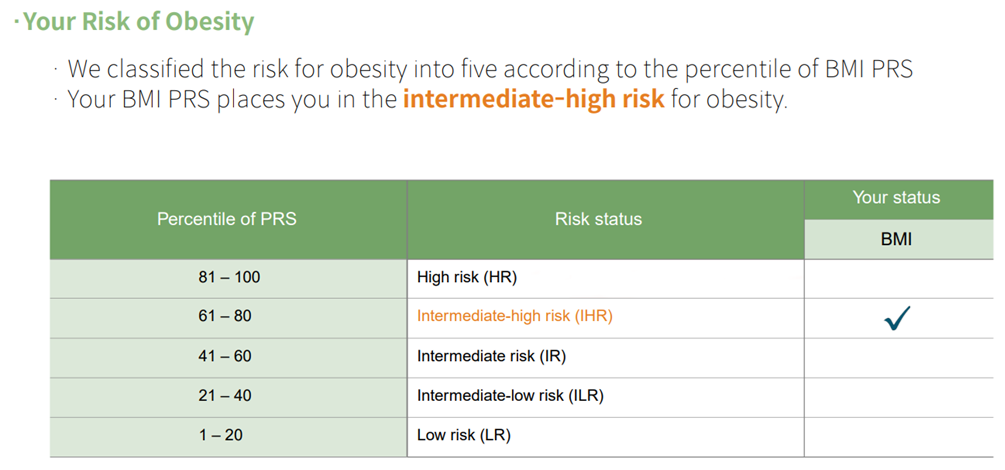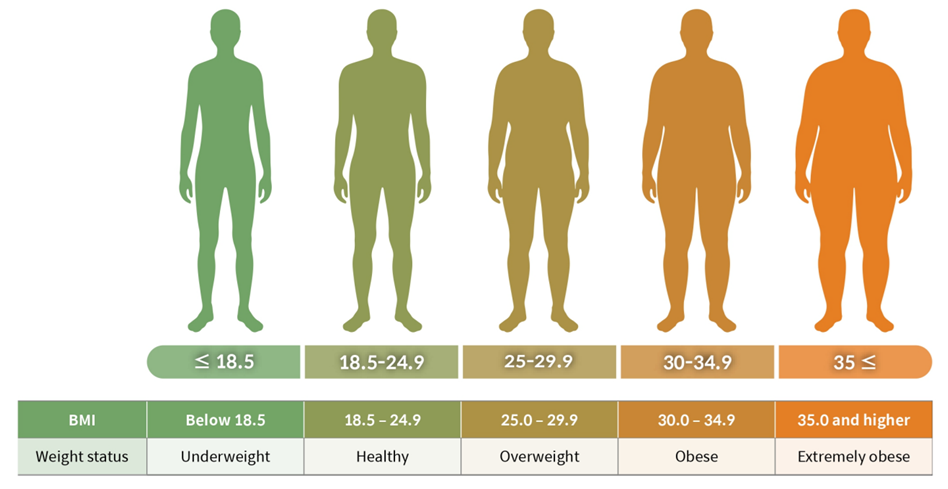Obesity is a complex issue with both genetic and environmental factors at play. Fortuna Helix has developed a prediction program designed to help you understand your own risk of developing obesity through advancements in genetics.
Our Obesity Prediction Program uses genetic information to identify factors that may influence weight management. This can unlock valuable insights and help you develop a personalized approach to health.



Important Note: This program is intended for risk assessment and does not diagnose diseases.

